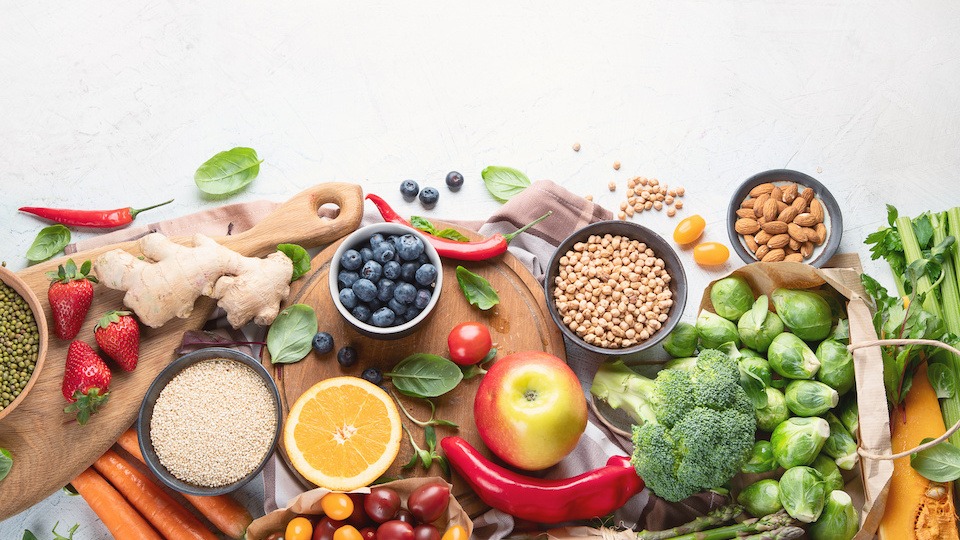News about organic produce has been sprouting up in the media a lot lately. One story, which I noticed recently, reported that 30 percent of all households consume at least some organic foods. Another article that I read said that demand for organic products is growing. Both of these reports felt like encouraging news to me.
I’ll explain why I find this news very encouraging in a moment. But first, I’d like to tackle a question I hear a lot from my patients and my readers; and it’s one that I suspect you might be wondering about too — Is organic food really worth the extra cost?
Why you should eat a plant-based diet
I’m a firm believer in organic food, but I still believe that the biggest difference that you can make for your health and well being is to make better dietary choices generally, even if they are not organic. For instance, if your choice is between a candy bar and a non-organic apple, the apple is the clear winner. On this point, the evidence is overwhelmingly clear, eating more vegetables, beans, nuts, seeds, whole grains, and fruits is the way to go. That’s because these plant-based foods are loaded with the fiber, nutrients, and disease-proofing compounds that sustain and promote health on every level. These plant-based foods include:
- Phytonutrients, vitamins and minerals.
- Flavonoids and antioxidants that inhibit and reverse cellular aging.
- Fiber which lowers cholesterol and promotes gastrointestinal health.
- Antimicrobial, anti-tumor, and anti-inflammatory agents.
Making the shift to eating more vegetables and fruits is probably the single most important thing you can do to stay healthy (getting enough daily exercise and activity is a close runner up though).
The benefits of going organic
You don’t necessarily have to eat organic produce to get these benefits, but there are several ways that going organic really makes sense (particularly if you want to take your health to an even higher level). The reasons for including organic foods in your diet include:
- Nutrient levels tend to be higher in organic produce because these foods are not grown in depleted soil.
- By eating organically grown food you will lower your exposure to potentially toxic pesticides and chemical fertilizers.
- In many cases, buying organic produce will help support smaller and locally owned farms.
- Supporting farms that don’t use chemical fertilizers and artificial pesticides means fewer farm workers will be exposed to toxic chemicals.
- Eating organic helps the planet by supporting farms that practice sustainable and ecologically sound agricultural practices.
Takeaway
Are organic products worth the extra cost? The answer to that question will depend on your budget, your health goals, and your long-term outlook.
If you are looking for the most bang for your buck, then simply make sure you are eating more vegetables and fruits. But it is still worth keeping in mind that going organic pays dividends in many subtle but also important ways. For those who are concerned about cost but want to include organic foods whenever possible, the Environmental Working Group (EWG) creates a list of the “dirty dozen and the clean fifteen” which is an excellent shopper’s guide to pesticides in produce.
In my view, many advocates of organic produce rightly point out that the upfront extra costs associated with organic produce are more than worth it because paying up front will save you money on healthcare costs down the line.
When you look and the big picture and the long-range perspective, the case for organic is solid. For those who can make it work with their budget, organic foods are most certainly a better choice. For you. For the farmers. And for the planet.
Be well,
Dr. Josh









